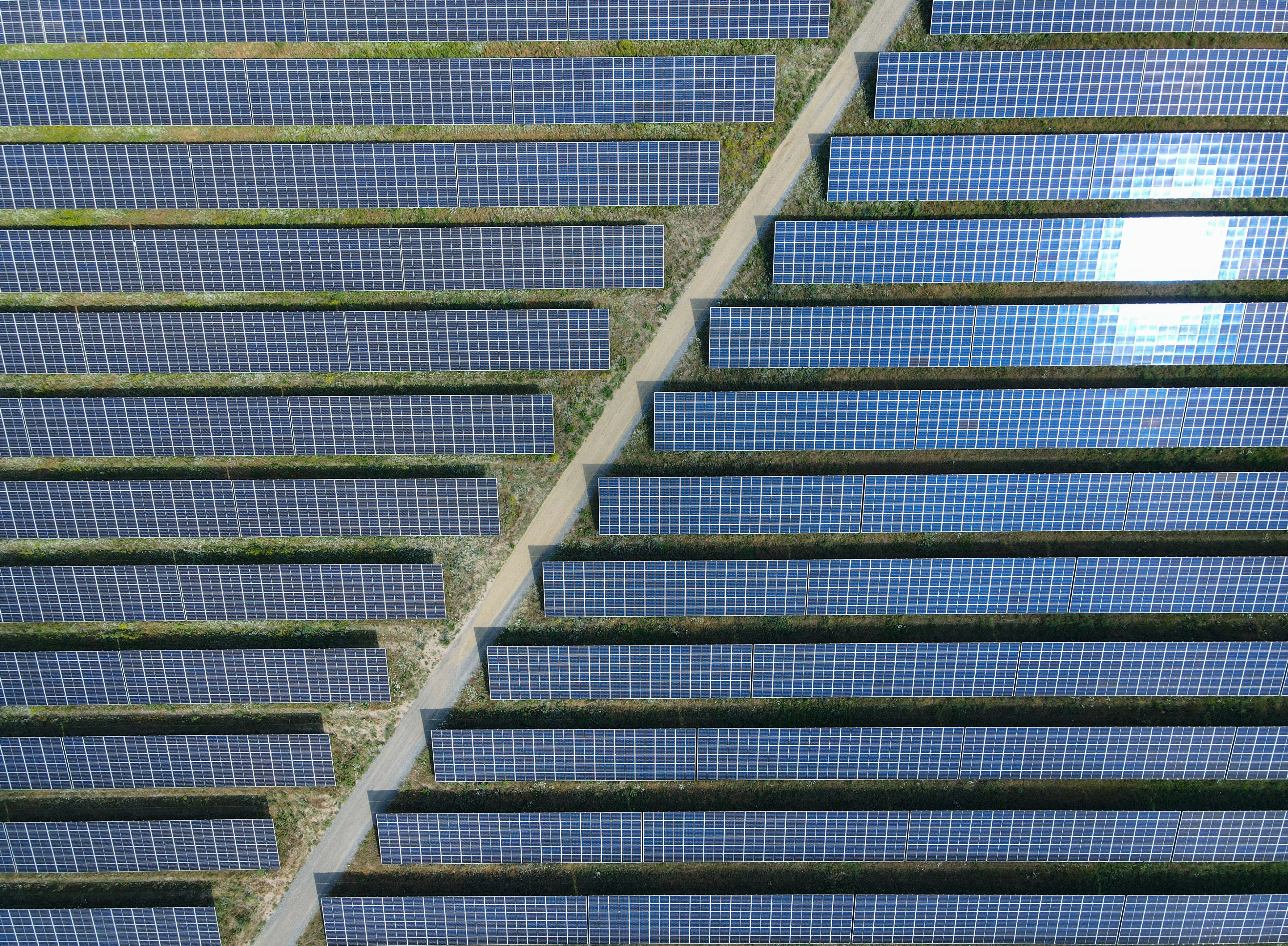`Bright outlook' for solar power in cool climate

Your support helps us to tell the story
From reproductive rights to climate change to Big Tech, The Independent is on the ground when the story is developing. Whether it's investigating the financials of Elon Musk's pro-Trump PAC or producing our latest documentary, 'The A Word', which shines a light on the American women fighting for reproductive rights, we know how important it is to parse out the facts from the messaging.
At such a critical moment in US history, we need reporters on the ground. Your donation allows us to keep sending journalists to speak to both sides of the story.
The Independent is trusted by Americans across the entire political spectrum. And unlike many other quality news outlets, we choose not to lock Americans out of our reporting and analysis with paywalls. We believe quality journalism should be available to everyone, paid for by those who can afford it.
Your support makes all the difference.The largest facade of solar cells in northern Europe was launched by the University of Northumbria in Newcastle upon Tyne yesterday.
The university believes its sunshine-powered office block can defy conventional wisdom and lead to a future in which the roofs or walls of most commercial buildings are clad in solar cells making pollution-free electricity.
Britain's latitude and climate are far from optimal for solar power. Total cloud cover is common and in winter, when most power is needed, the days are short and the light is weak because the sun is low in the sky.
But during a sunny spell in the North-east on Wednesday, the 21,400 solar cells which cover most of the south side of the university's 1960s office block generated 20 kilowatts - enough to heat a couple of homes.
Professor Bob Hill, who heads the university's photovoltaics application centre, says that is half the system's maximum output. He forecasts it will meet about half the building's needs in summer and one-tenth in winter. It is used for lighting, office equipment and a mainframe computer.
The project, funded largely by the European Union and the Department of Trade and Industry, should demonstrate that photovoltaic power is a practical option at northerly latitudes. Sponsors include BP's solar subsidiary and Greenpeace.
Dr Nicola Pearsall, Professor Hill's deputy, admitted the project is hopelessly uneconomic in conventional terms. With an installation cost of £1.5m, the electricity it will generate over its 30-year lifetime will cost about 45p per unit - about 10 timesthe price of power from coal, gas and nuclear power stations. "But the costs of photovoltaic power have come down a lot and will continue to do so,'' she said. "We expect it to become economic for office buildings at this latitude around 2015."
One reason will be further gains in the efficiency of solar cells. Those used in Newcastle, made by BP Solar in Spain, turn 15 per cent of the light energy into electricity - twice the amount possible 20 years ago. The best laboratory cells have reached 23 per cent.
Mass production of solar cells should bring down unit costs markedly, and so should the bulk manufacturing of roof and wall-cladding materials with built-in cells. At present they have to be stuck on to conventional construction materials, which is time-consuming and expensive.
A survey carried out by the university for the Government concluded that an achievable target for the capacity of solar cladding in Britain would be 12,000 megawatts - equivalent to eight big nuclear or coal-fired power stations.
n The Home Energy Conservation Bill will receive its Second Reading in the Commons today amid signs that the Government is abandoning its opposition. The Liberal Democrat MP Diana Maddock's Private Members' Bill - which would require every district or borough council in Britain to draw up and publish an energy-saving plan for homes in its area - is backed by hundreds of councils, MPs of all parties, and almost all the interested pressure groups. It is the third time that the legislation has come before Parliament. Each time, it has been substantially watered down in an attempt to win government backing.
Join our commenting forum
Join thought-provoking conversations, follow other Independent readers and see their replies
Comments